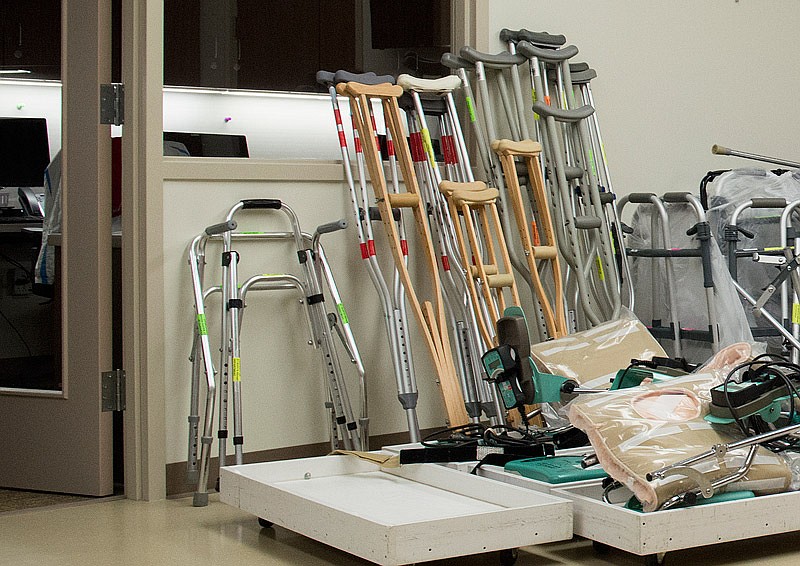There may be cases in which physicians don't have full pictures of what determines their patients' health.
Social determinants - where people live, work, learn and play can have significant effects on patients' health outcomes. Unfortunately, many of those factors transfer to their health records, according to a new report by the Missouri Hospital Association.
That is changing.
The report - "Decoding Social Determinants of Health" - looks at how recent, limited use of codes added to patients' records has improved care.
Social Determinants of Health are the "conditions in which people are born, grow, live, work and age," according to the World Health Organization. The multidimensional nature of the determinants causes them to reach beyond simply identifying poverty as a lone condition leading to lesser health outcomes, according to the report.
Instead, the complexity of the determinants ranges from socioeconomic factors such as income, education and employment, to exposure to religious inequality, race, ethnicity, gender identity and sexual orientation. Other factors may include access to food, water, transportation, recreation and health care, or the environmental context such as neighborhood characteristics, housing, air quality and crime.
Also important in SDOH are psycho-social support structures, like family, childhood experiences and communal inclusivity, according to the report.
That complexity requires a systemic approach to effectively moderate the impacts they have on health outcomes, the report states.
"The Affordable Care Act's emphasis on population health and value-based reimbursement is widely credited for inducing health care providers' paradigm shift toward allocating intervention resources to address SDOH," the report says.
A 2015 update to how health records are kept provided a chance to attach SDOH codes to records, identifying patients' social circumstances - including housing instability, problems stemming from lack of education or employment, psycho-social surroundings, socioeconomic status and family and upbringing issues, according to the report. (Other codes capture risk factors, such as difficulty adhering to medical care, adult abuse and neglect, and other environmental risk factors.)
Research from the Hospital Industry Data Institute shows, "(The) transition to a more robust health care coding system is enriching stakeholders' understanding of how social determinants of health influence individual health and use of health care resources," according to the report.
Data appear to be paying dividends.
People with "social complexity" - at least one of the 87 coded determinants - accounted for 1.7 percent of all hospital patients in Missouri in 2017. They were 167 percent more likely to have hospital visits than other patients, according to the data.
"The most profound difference detected in hospital utilization for patients with social complexity was (that) 11.3 percent had 10 or more inpatient or emergency department visits during 2017. This signaled "hospital super-utilization," according to the report.
At the same time, despite growing support for the theories that say social factors affect health outcomes, the Affordable Care Act's performance incentive payment mechanisms don't compensate for health determinants.
The new coding presents an opportunity for health systems to better diagnose patients affected by social factors, the report states.
The codes can help providers better identify the non-clinical drivers of poor health, according to an MHA news release.
"Even with limited use of the codes, they provided exceptionally granular information on patients at risk of excess emergency room utilization due to social factors, such as homelessness," the release said. "These codes also showed solid predictive capability for health outcomes, which could support future reimbursement applications for non-medical social support services that can significantly reduce health care spending."

